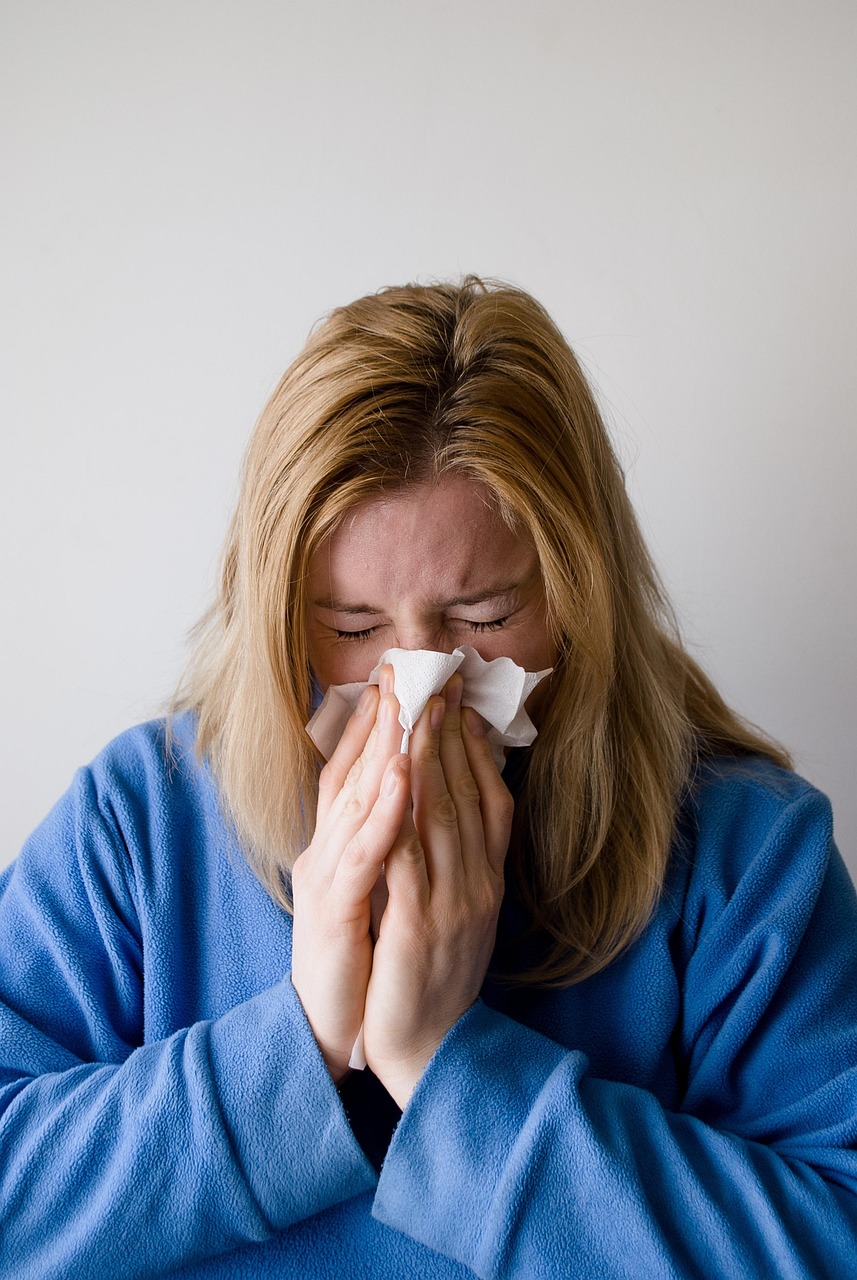Allergy Tips Near The Role of Weather in Allergies: What Virginia Residents Need to Know
Essential Allergy Tips for Virginia Residents: Understanding the Role of Weather in Allergies and How to Manage Them Effectively This Season at Virginia Wellness Hub
Allergy Tips for Virginia Residents
As allergy season approaches, many residents in Virginia find themselves grappling with the effects of seasonal allergies. Understanding the connection between weather and allergies is crucial for managing symptoms effectively. Here are some essential allergy tips, particularly tailored for those living in Virginia, where weather fluctuations can significantly impact allergen levels.
The Role of Weather in Allergies
The weather plays a pivotal role in the prevalence and intensity of allergies. Virginia experiences a diverse climate, with hot summers and cold winters, influencing pollen counts and allergen exposure. Here’s what residents should keep in mind:
- Pollen Peaks: Warmer temperatures often lead to increased pollen production. Spring is notorious for high levels of tree pollen, while summer brings grass pollen.
- Humidity Levels: High humidity can exacerbate mold growth, contributing to allergy symptoms. Be mindful of weather forecasts that indicate damp conditions.
- Wind Patterns: Windy days can carry pollen further, increasing exposure. Staying indoors during high-wind conditions may be beneficial.
Allergy Tips for Every Season
Incorporating specific strategies into your routine can help you manage allergies effectively throughout the year. Here are valuable allergy tips designed to aid Virginia residents:
- Monitor Pollen Counts: Use local weather services or apps to keep track of daily pollen levels. Plan outdoor activities when counts are lower.
- Keep Windows Closed: During peak pollen seasons, keep windows closed to prevent allergens from entering your home.
- Shower After Outdoor Activities: Rinse off pollen from hair and skin to minimize indoor exposure.
Understanding Allergy Symptoms
Recognizing the symptoms of allergies is vital for effective management. Common symptoms include sneezing, itchy eyes, runny nose, and fatigue. In Virginia, understanding how weather can influence these symptoms can help residents take proactive measures. For instance, a sudden drop in temperature may prompt an increase in indoor allergens, such as dust mites.
Natural Remedies and Treatments
While over-the-counter medications can be effective, exploring natural remedies may also provide relief. Here are some allergy tips that incorporate natural solutions:
- Saline Nasal Rinses: Using a saline solution can help clear allergens from nasal passages and alleviate symptoms.
- Local Honey: Some believe that consuming local honey may help build immunity against local pollen.
- Essential Oils: Diffusing certain essential oils, such as eucalyptus or lavender, may help soothe symptoms.
Consulting Allergy Experts
For residents experiencing persistent or severe allergy symptoms, consulting with a healthcare provider or an allergist can be beneficial. They can provide tailored advice and possibly recommend allergy testing or specific treatments. Understanding the role of weather in allergies is crucial, and professionals can help create a personalized management plan that considers local conditions.
Final Thoughts on Allergy Management
Staying informed about the weather and its impact on allergies can empower Virginia residents to manage their symptoms effectively. By implementing these allergy tips and understanding the role of weather in allergies, individuals can better navigate the challenges of allergy season. Remember, proactive measures can lead to a more comfortable and enjoyable outdoor experience.
Keywords: allergy tips, Virginia allergies, weather and allergies, seasonal allergies, pollen forecast, allergy relief, Virginia wellness, allergy symptoms, allergic reactions, outdoor activities, humidity effects, allergy management, climate impact, VA allergy resources, weather changes and allergies
news via inbox
Stay Connected
Specializing in:








